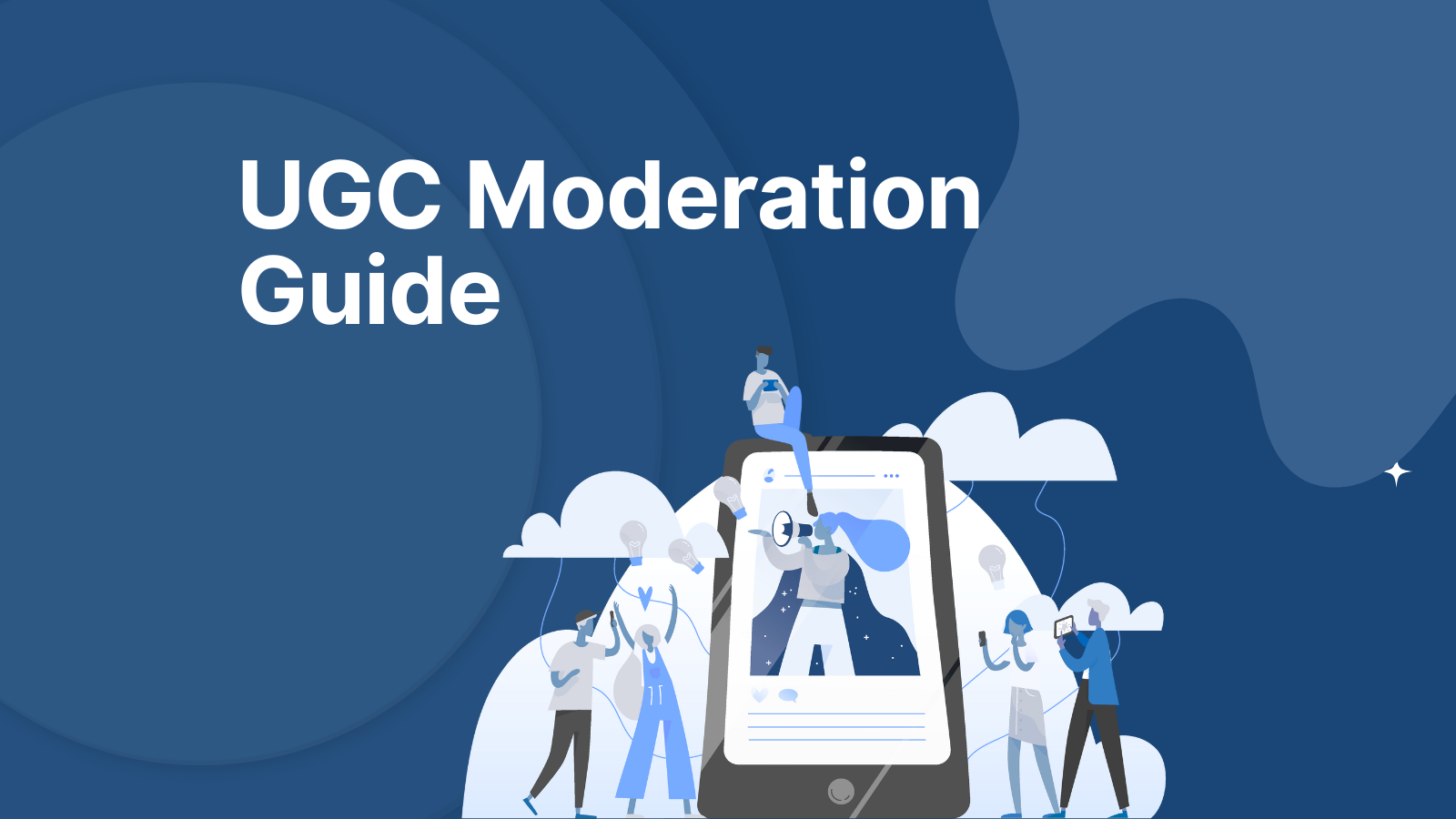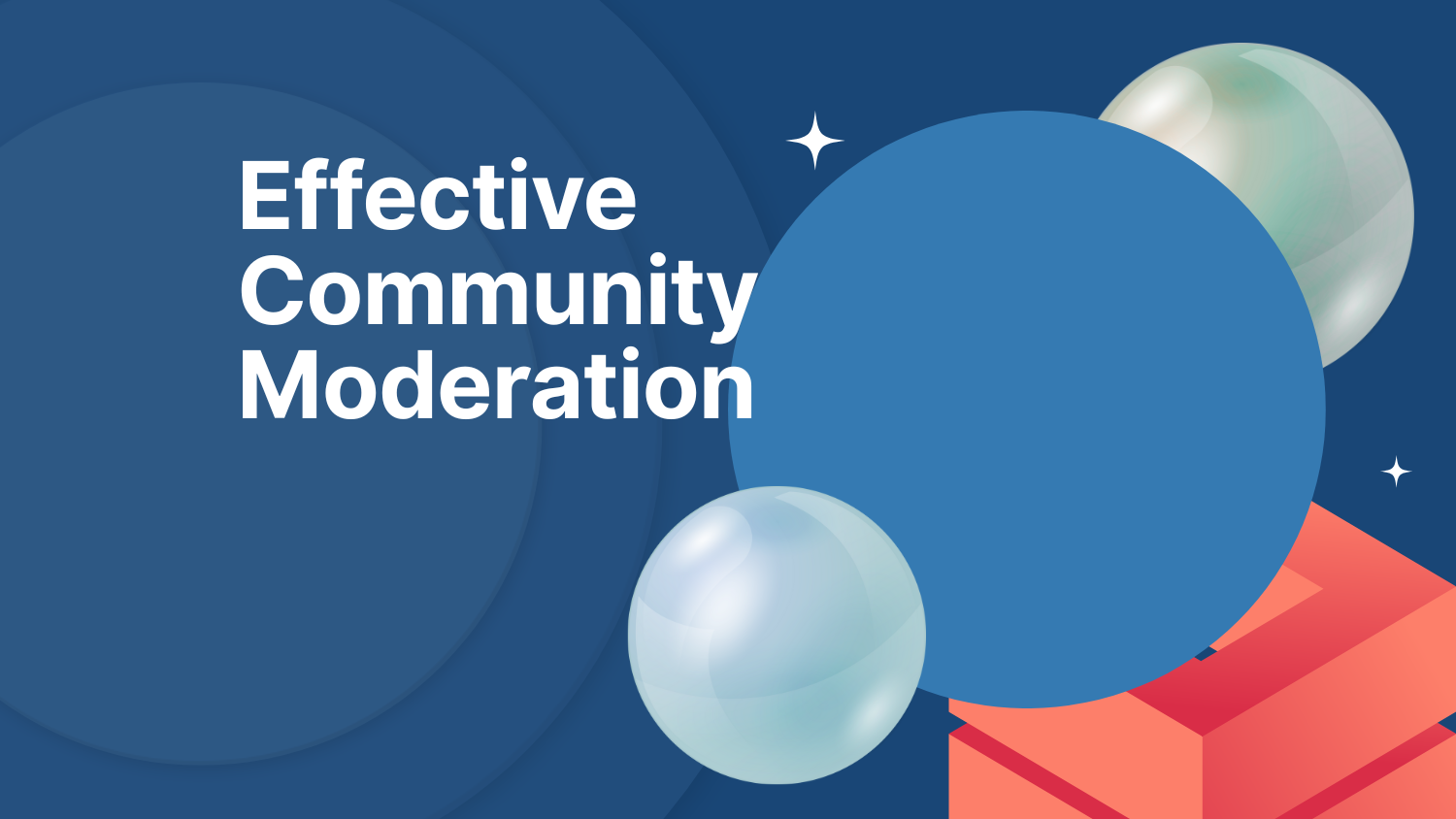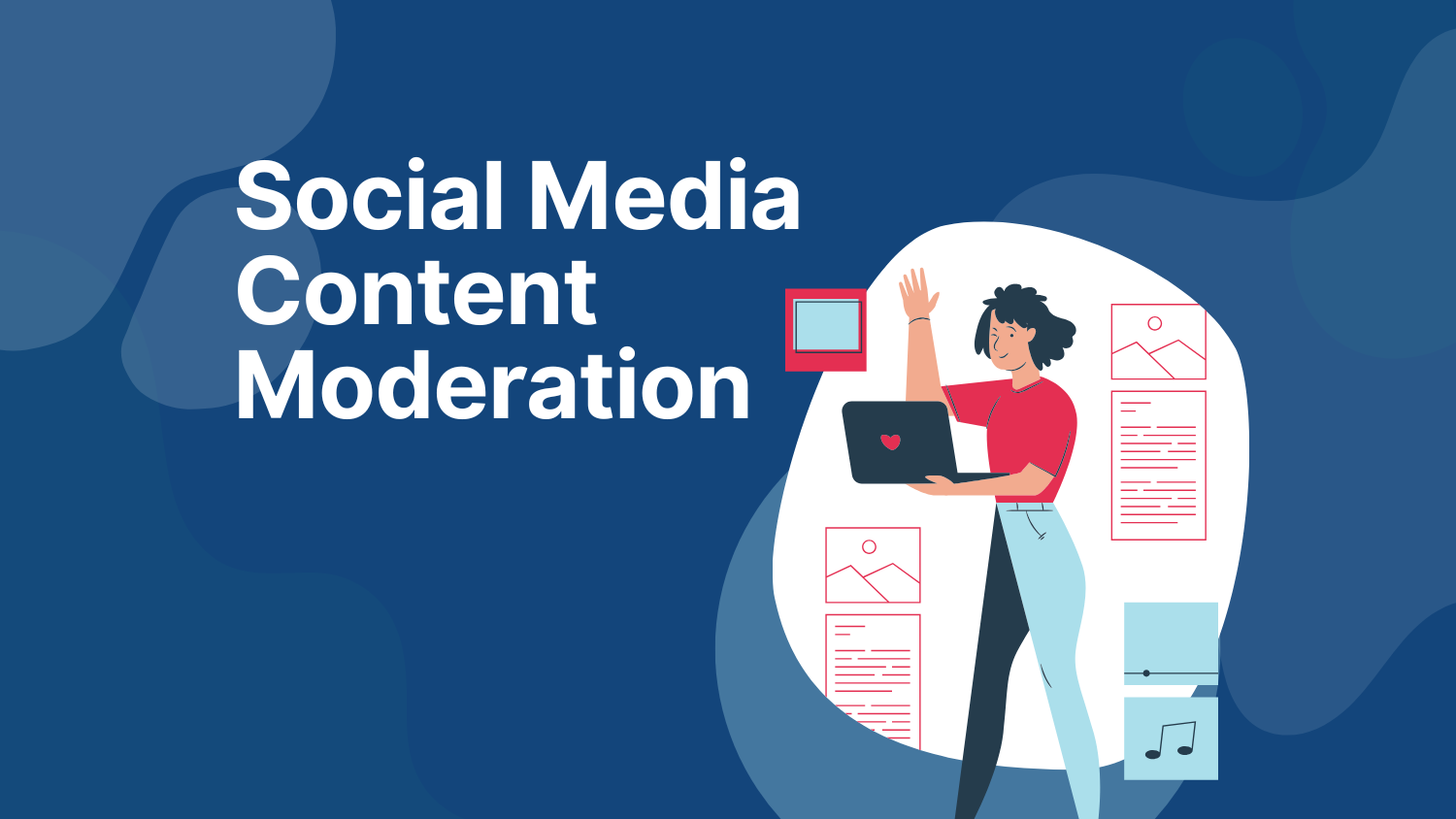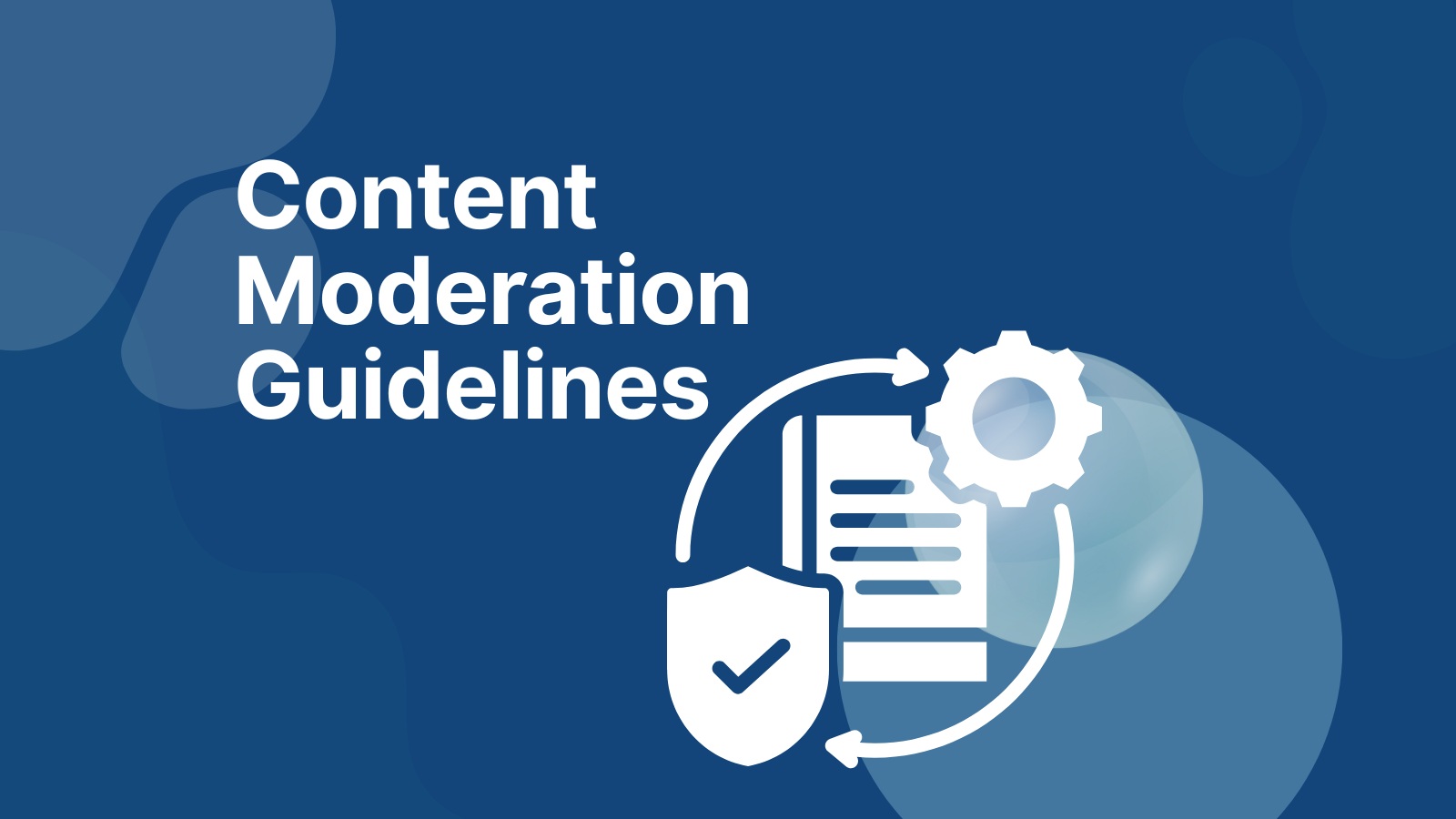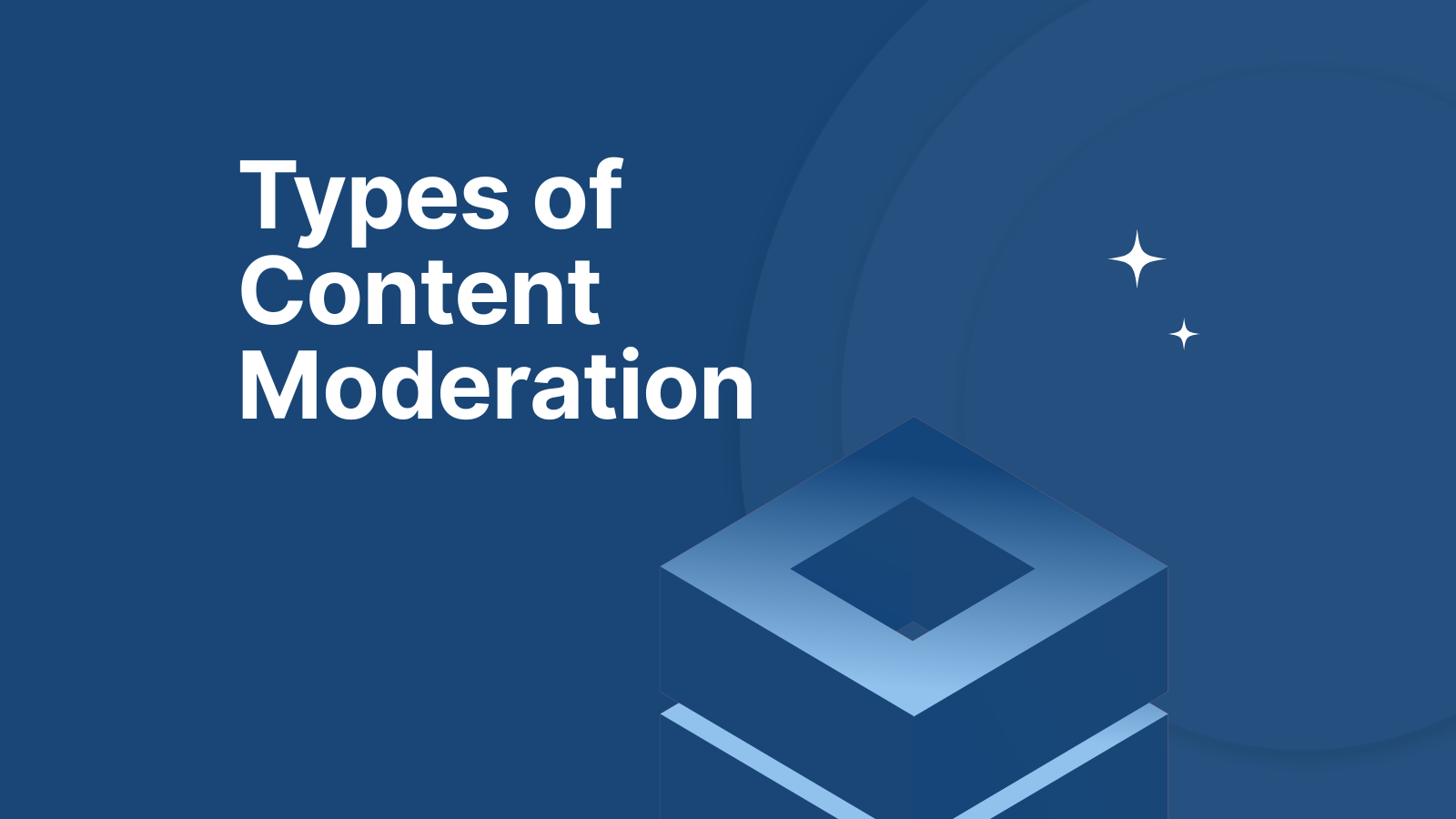AI vs Human Content Moderation: Which Is Better for Your Platform?
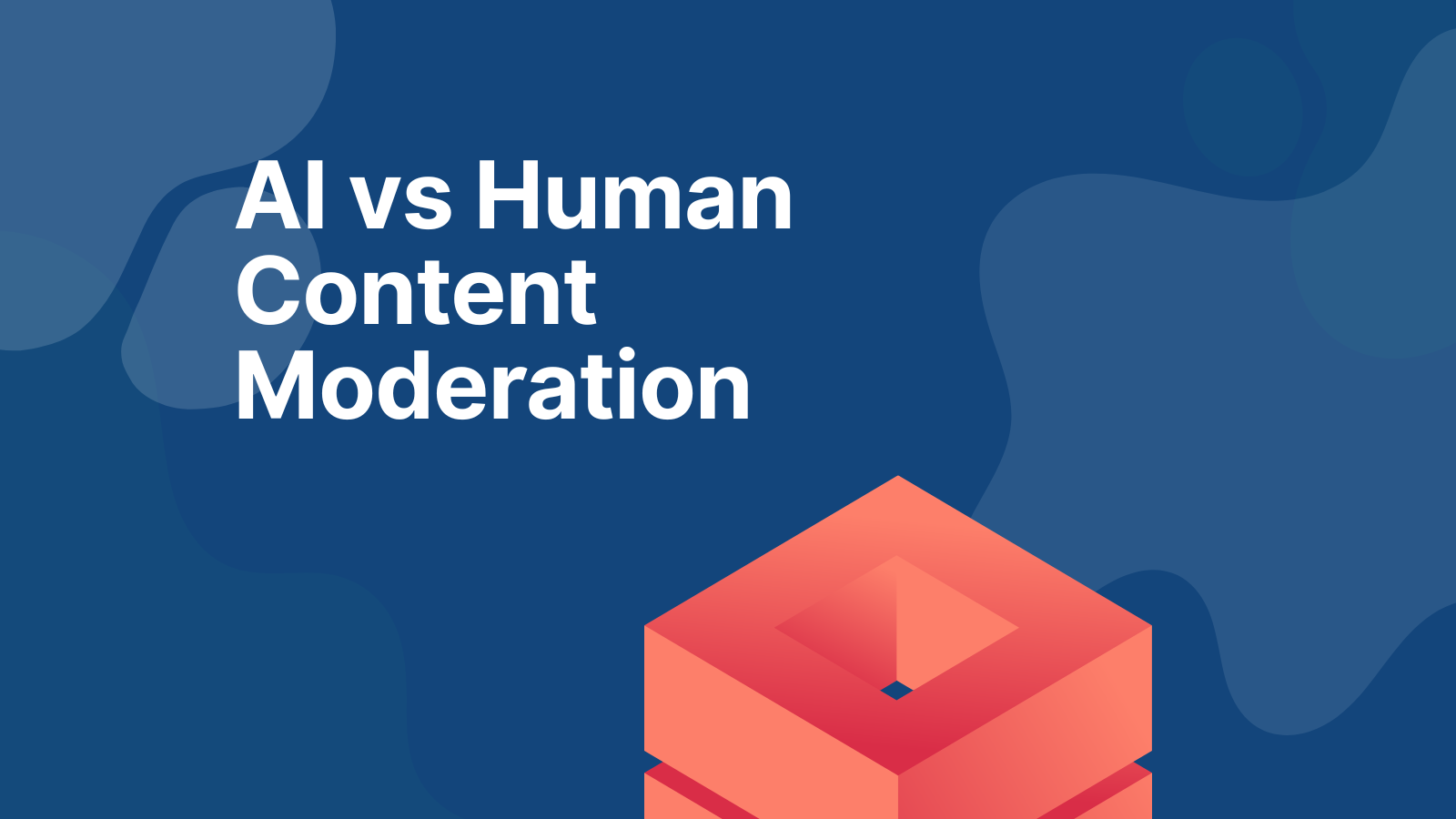
The world of online content is expanding at an exponential rate. With millions of posts, comments, images, and videos shared every minute, it’s no wonder platforms struggle to keep harmful content in check. When it comes to content moderation, the key question arises: Which is better for managing user-generated content, AI or human moderators?
In this article, we’ll explore the pros and cons of both AI and human content moderation, the challenges they face, and why a combination of both may be the most effective solution for your platform.
What Is AI Content Moderation?
AI content moderation uses artificial intelligence to automatically review and filter user-generated content for harmful or inappropriate material. This can include things like offensive language, spam, fake news, explicit images, or videos. AI algorithms are trained to recognize specific patterns and can process various content types, text, images, audio, and video, instantly. The real power of AI is its ability to handle large volumes of content in real time, making it an invaluable tool for platforms that need to monitor vast amounts of user activity.
AI excels in speed and scalability, allowing it to keep up with the growing volume of online content. It works tirelessly to flag and remove harmful content quickly, helping platforms maintain a safe environment. With AI, you get faster moderation, better efficiency, and the ability to scale with your platform’s growth, all while minimizing manual effort.
What Is Human Content Moderation?
Human content moderation is the process by which a team of trained people manually reviews content submitted by users to ensure it follows the platform’s community guidelines. This includes evaluating flagged posts, images, or comments and deciding whether they violate any rules. Unlike AI, human moderators take into account context, tone, and cultural nuances, which allows for more thoughtful and accurate decisions, especially when the content is complex or ambiguous.
While human moderation can be slower than AI, it’s still essential for handling content that requires careful judgment. Humans can interpret subtle meanings in language, identify sarcasm or irony, and make decisions based on the bigger picture that an AI system may miss. Although it’s more resource-intensive, human moderation brings a personal touch and an understanding that AI still can’t replicate.
Key Differences Between AI and Human Content Moderation
Pros & Cons of Using Human Moderators for Content Moderation
Pros of Human Content Moderation:
- Contextual Understanding: Humans are capable of understanding context, tone, and cultural nuances, making them better equipped to make judgment calls on complex content.
- Accuracy in Complex Cases: Humans excel at moderating content that requires emotional intelligence or subjective interpretation, such as identifying sarcasm or cultural references.
- Accountability & Transparency: Human moderators can provide clear explanations for their decisions, which is essential for transparency and accountability.
Cons of Human Content Moderation:
- Cost: Human moderators are expensive to hire and manage, especially for large platforms dealing with high volumes of content.
- Mental Health Risks: Moderating harmful or disturbing content can take a toll on human moderators’ mental health, leading to burnout and emotional strain.
- Scalability Challenges: Human moderation is not scalable in the same way AI is. As platforms grow, human teams may struggle to keep up with the volume of content.
Pros & Cons of Using AI for Content Moderation

Pros of AI Content Moderation:
- Speed & Scalability: AI can moderate large volumes of content in real-time, ensuring that platforms don’t suffer from moderation backlogs.
- Cost-Efficiency: AI helps reduce the cost of content moderation by minimizing the need for a large team of human moderators.
- Automation: AI can automate the repetitive aspects of content moderation, such as flagging spam or offensive language, allowing human moderators to focus on more complex cases.
- Consistent Decision-Making: AI doesn’t get fatigued, which ensures consistent decision-making in moderating content, adhering strictly to predefined guidelines.
Cons of AI Content Moderation:
- Lack of Context: AI may fail to understand context, leading to false positives or missing nuanced content, such as sarcasm or culturally specific language.
- Bias in Data: AI’s decision-making is only as good as the data it’s trained on. If the data is unbalanced, it may result in biased moderation outcomes.
- Complex Issues: AI might struggle with complex or subjective content, where human judgment is needed to fully understand the issue.
Real-World Applications: AI vs Human Moderation
Many top-tier platforms already use a combination of both AI and human moderation. Facebook, for instance, uses AI to pre-moderate content, flagging harmful posts in real-time. However, it still relies on its team of over 15,000 human moderators to review flagged content and handle complex cases.
Similarly, YouTube uses AI for real-time moderation, flagging harmful content such as hate speech, harassment, and violence. But it also employs human moderators to review flagged content that requires deeper context or nuanced decision-making.
AI & Human Moderation in Action: Utopia AI Content Moderation
At Utopia Analytics, we take a hybrid approach that leverages both AI and human expertise. Our Utopia AI Moderator is designed to scale and provide fast, accurate moderation across all content types, including text, images, audio, and video. Utopia AI learns from your human moderators’ decisions, adapting to your platform’s specific needs, while humans step in when the content is ambiguous or requires context.
This combination results in:
- Real-Time Content Moderation: Our AI tool detects harmful content before it even has a chance to go viral.
- Up to 99.99% Accuracy: Utopia AI’s language-agnostic capabilities ensure consistent and precise content moderation across multiple languages.
- Flexible Rules: Utopia’s AI allows you to define and change moderation policies with just a few clicks, making it fully customizable.
Whether you’re managing a social platform, a gaming community, or an e-commerce site, Utopia AI is designed to protect your users and brand from harmful content, ensuring a safer, more engaged community.
Conclusion: Why Both Are Essential for Your Platform’s Success
When deciding between AI and human content moderation, it’s clear that both have unique advantages and limitations. AI excels at handling large volumes of content at speed, reducing operational costs and improving efficiency. However, human moderators remain essential for understanding context and providing transparency in complex situations.
For the most effective moderation strategy, a hybrid approach combining the speed of AI with the nuanced judgment of human moderators is the best solution. Platforms that integrate both will be able to maintain safer, more engaging spaces for users while keeping costs under control.
Utopia AI Content Moderation: The Future of Safer Platforms
If you’re looking to take your content moderation to the next level, Utopia AI Moderator offers the perfect solution. Our tool combines AI’s speed and efficiency with human expertise, providing a fully personalized, real-time moderation system that learns from your unique needs.
Want to see it in action? Book a demo today and discover how Utopia AI can help your platform stay safe, scalable, and engaging for users.
Want to learn more?
Check out our case studies or contact us if you have questions or want a demo.









